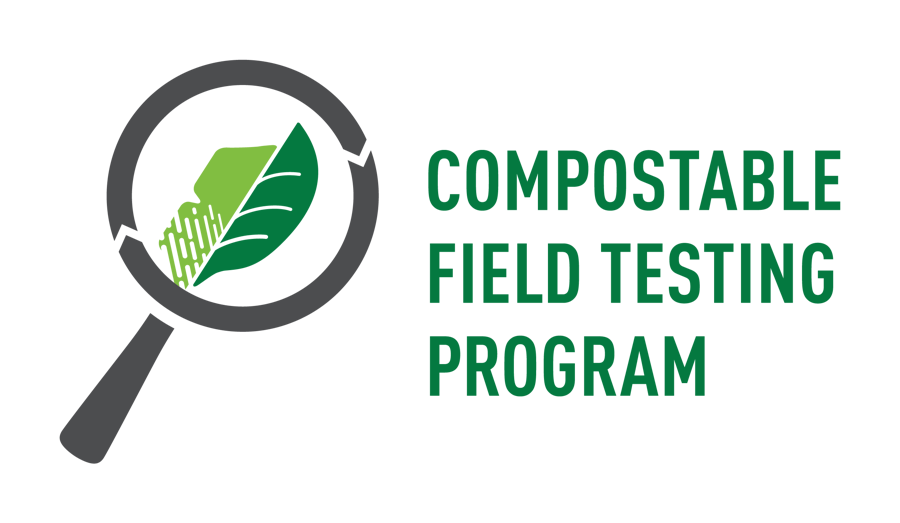What is the Compostable Field Testing Program?
The Compostable Field Testing Program (CFTP) is an international, open-source research platform that enables composters to field test the disintegration of compostable foodware and packaging in their own operations. Operating since 2016, the CFTP has collected data from field trials conducted at compost facilities varying in geography, scale, and processing technologies.
Why does open source field testing matter?
When food waste becomes compost feedstock, deciding whether or not to accept compostable foodware and packaging comes next. While lab certification is a good starting point for decision-making, performing disintegration testing in-field is a next step to determine how well products do and don’t break down in real-world conditions and processes.
The CFTP is first and foremost a non-profit research and education project. While field testing is an inexact and evolving science, rigor and integrity of scientific inquiry are core to the program's ethos.
PROGRAM GOALS AND BENEFITS
Compostability standards and field testing in North America have been evolving since the 1990s, and the Compostable Field Testing Program adds an important tool in this progression. The CFTP:
- Helps individual composters identify which compostable product types break down in their systems, and correlate that disintegration to a larger study of composting conditions
- Hosts an open source database of disintegration results to inform industry, policymakers, packaging brands and consumers
- Contributes to standardized test methods iterated through real-world test environments
- Provides a platform for related research, such as refined and new field testing methods and analyses on the composting process and biodegradation
